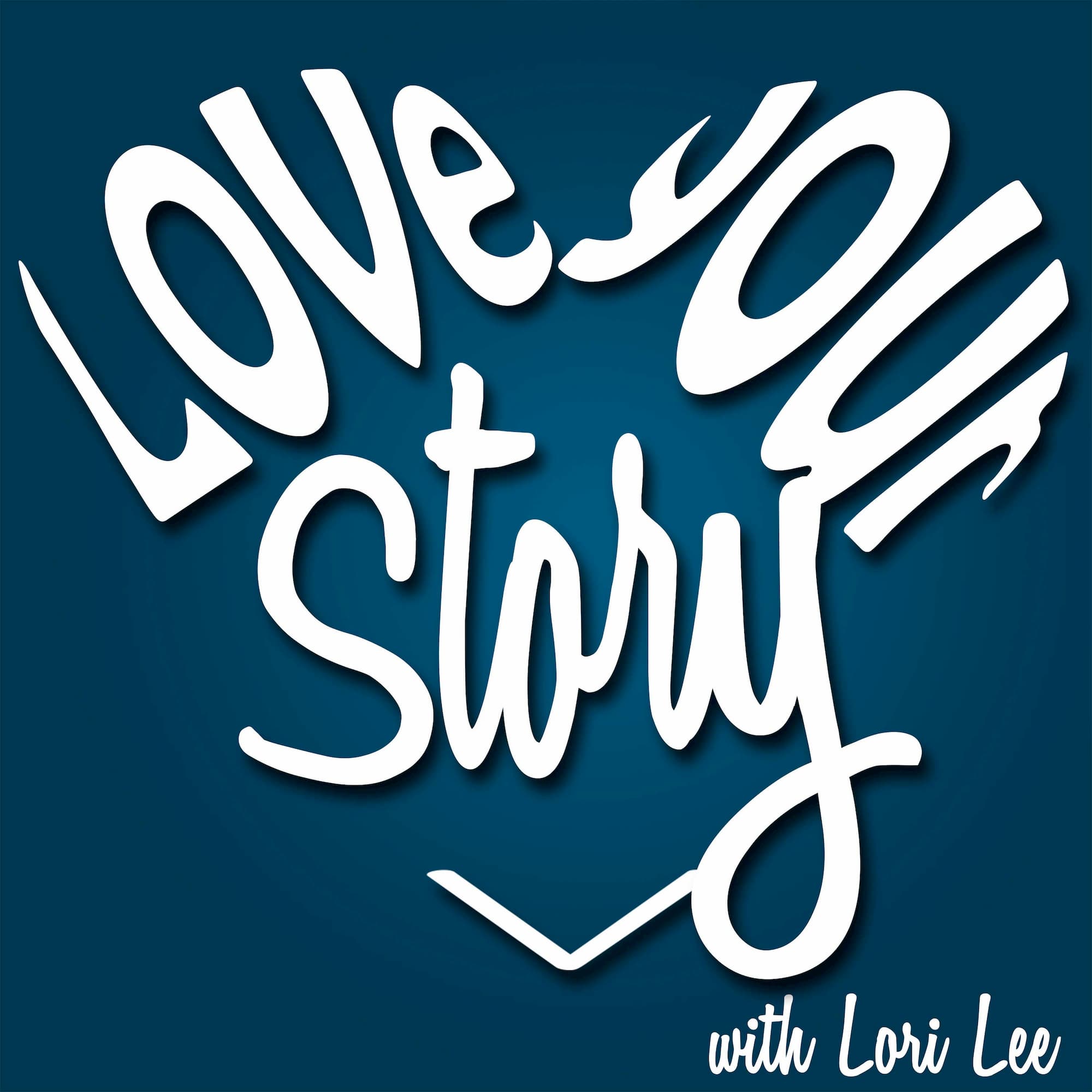- After-Shows
- Alternative
- Animals
- Animation
- Arts
- Astronomy
- Automotive
- Aviation
- Baseball
- Basketball
- Beauty
- Books
- Buddhism
- Business
- Careers
- Chemistry
- Christianity
- Climate
- Comedy
- Commentary
- Courses
- Crafts
- Cricket
- Cryptocurrency
- Culture
- Daily
- Design
- Documentary
- Drama
- Earth
- Education
- Entertainment
- Entrepreneurship
- Family
- Fantasy
- Fashion
- Fiction
- Film
- Fitness
- Food
- Football
- Games
- Garden
- Golf
- Government
- Health
- Hinduism
- History
- Hobbies
- Hockey
- Home
- How-To
- Improv
- Interviews
- Investing
- Islam
- Journals
- Judaism
- Kids
- Language
- Learning
- Leisure
- Life
- Management
- Manga
- Marketing
- Mathematics
- Medicine
- Mental
- Music
- Natural
- Nature
- News
- Non-Profit
- Nutrition
- Parenting
- Performing
- Personal
- Pets
- Philosophy
- Physics
- Places
- Politics
- Relationships
- Religion
- Reviews
- Role-Playing
- Rugby
- Running
- Science
- Self-Improvement
- Sexuality
- Soccer
- Social
- Society
- Spirituality
- Sports
- Stand-Up
- Stories
- Swimming
- TV
- Tabletop
- Technology
- Tennis
- Travel
- True Crime
- Episode-Games
- Visual
- Volleyball
- Weather
- Wilderness
- Wrestling
- Other
Episode 264: How to Tell Your Story - Interview Amanda Edgar
Episode 264: How to Tell Your Story - Interview Amanda Edgar
Welcome to the LYS Podcast! Every person I interview on this show has a story. They share those stories with us - the wins, the losses, the heartbreak and the learning. Man! There are some great stories on this podcast. As I’ve spoken with people - in general - about their stories, often people say, “I don’t have a story. I just have a regular old life. Nothing to hear here.” My guest today is Amanda Edgar. After a life in academia she decided to leave the university and founded Page and Podium Press, a publishing company that helps people share their stories and create world-changing books. Tune in as I talk with Amanda about finding and sharing your stories.Bio:Amanda Edgar is an award winning author, ghostwriter, book coach and founder of Page and Podium Press. She is the co-author of the forthcoming Summer of 2020: George Floyd and the Resurgence of the Black Lives Matter Movement. She has been invited to speak at organizations such as FedEx and the US Department of State where she shares philosophy on issues of identity, and socially conscious storytelling.
Tune into the audio program to hear us talk about questions like:Tell me your story - the juicy bits - and how did you come to be a story expertWhat if someone wants to write their memoir - why should they? how do they start?How do we use our personal stories to empower others?I’m told that you like to talk about the science of story telling and how we can make our stories land every time. Tell me about that.Let’s talk about vulnerability - some of the most powerful stories are those that we are the most afraid to share…how vulnerable is too vulnerable? Where is that line?When you help someone write a book about themselves how do you generally organize it - is it stories by theme, or chronologically, what does that look like?I know you primarily work with leaders who want to share and publish their stories to support their teams and career, but what advice do you have for regular folks who are considering writing their personal stories?How can someone find you if they want to work with you?<br/>
How to contact Amanda:www.pageandpodium.com/checklistwww.pageandpodium.com
WRAP UP:I’ve been working on my father’s life history. He’s still alive so I can ask him lots of questions, which is huge, but it’s no small task trying to put a life down on the page. I’ve also seen life history companies that send out a question to their clients and their clients write about it and then they compile the stories into a history, one story at a time. I’ve found as I’ve studied story that we use stories - the function of stories is varied - we use them to show that we are part of a group - like someone telling a story about how they rode a certain mountain bike trail to illustrate their prowess in biking. We use stories to warn - telling a story of narrowly escaping a tight situation in a dark park is a warning for others not to walk in dark parks alone. We share stories to teach, for example sharing a personal story about how you learned a lesson - what did you learn from your divorce, let’s say. I could go on. But as you consider your stories - sharing them and organizing them, recording them or publishing them, let me assure you that YOU do have a story. Your story is not any more regular than anyone else - we all have a heroes journey.
We’ll see you in two weeks for our Quick Chat episode. Please share this episode with someone who is thinking about writing or sharing their story and hope on LoveYourStoryPodcast.com

